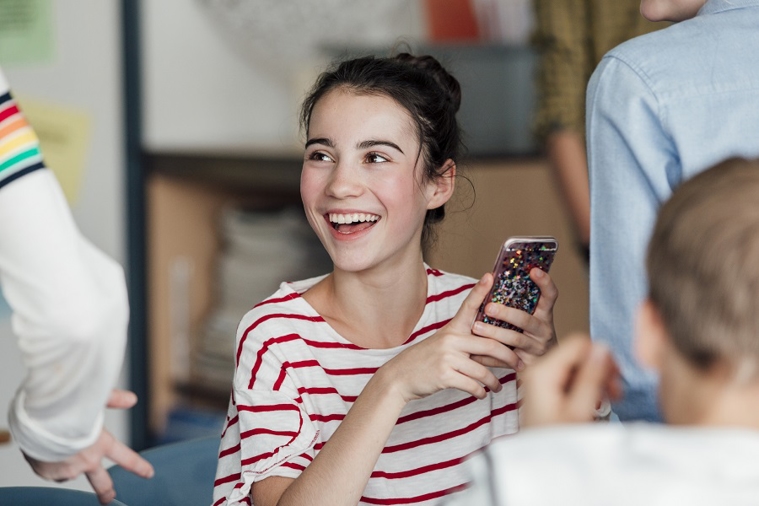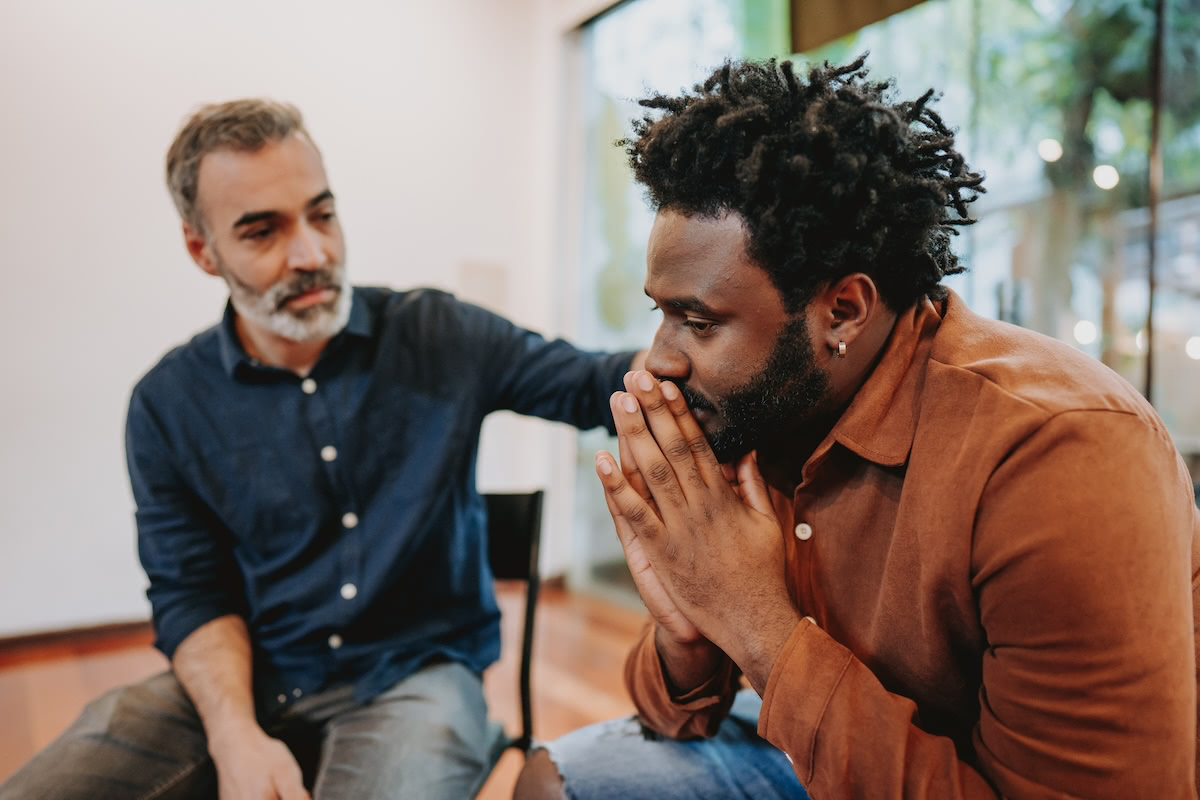Teens and technology: What to do about social media
Aug 1, 2021

According to theAmerican Academy of Child and Adolescent Psychiatry, more than half of all teenagers visit at least one social media site daily. Two-thirds of teenagers have their own mobile device and up to 75% have an active profile on at least one social media site.
Although social media can have some benefits, such as connecting with friends or sharing creative work, it also has its drawbacks. As a caregiver, how can you help teenagers use social media responsibly?
How much is too much?
TheAmerican Academy of Pediatrics(AAP) reports that adolescents spend around seven hours a day using devices such as tablets, smart phones, computers or televisions. Simultaneously, in recent years, the AAP has recommended that children and teenagers limit screen time to no more than 10 hoursper week—a maximum that includes time spent on homework or school projects.
If your child attends online school even one day a week, it’s easy to blow past that recommended limit by Tuesday alone. While 10 hours of weekly screen time may be more of an ideal goal rather than an immediately attainable one, you can still consider ways to cut back.
Both to limit social media use and keep your child safe, you may set up guidelines such as:
- Making meal times a “no screen zone” or turning off electronics after 7 p.m.
- Enacting a time limit on daily social media use.
- Enforcing rules that teens can’t use electronics for personal use until homework is done.
- Turning off location tracking on most apps.
As a parent, be involved
“The challenge with social media is that it’s a bit of a wild frontier where anything goes,” explains Alexander Heard, MD, chief medical officer with Adventist Health and Rideout. “Cyber bullying, predators, identity theft—there are numerous risks associated with social media use. The biggest key is for parents to be involved.”
Dr. Heard notes that he recommends all teenagers allow their parents or caregivers to have access to view their social media profiles. “It’s important that you have some rules and guidelines. If you don’t want your grandma to see it, don’t put it online. Teenagers need to understand that what they put online is out there forever.”
Speak openly with teenagers about the potential risks of social media. For example, the “don’t talk to strangers” guidelines still apply; children and teenagers should only talk to people they know online. The consequences of sharing personal information with a stranger can be very real and lasting.
Striving for balance
It’s also increasingly challenging for teens—and adults—to unplug from social media. “In the ‘old days,’ you could sleep off social drama at home,” Dr. Heard notes. “Now, other kids from school are texting you, you see what’s happening online; it can be really difficult to escape. But unplugging is crucial. Processing time is crucial.”
Empower teens to take ownership and responsibility with their social media use. “Emphasize to teenagers that if they see something that isn’t right online, they need to report it or tell someone,” Dr. Heard says.
Social media can also be a wonderful tool, Dr. Heard also notes. “It’s a powerful social force where you can connect with your friends. There’s simply a balance to be had.”


